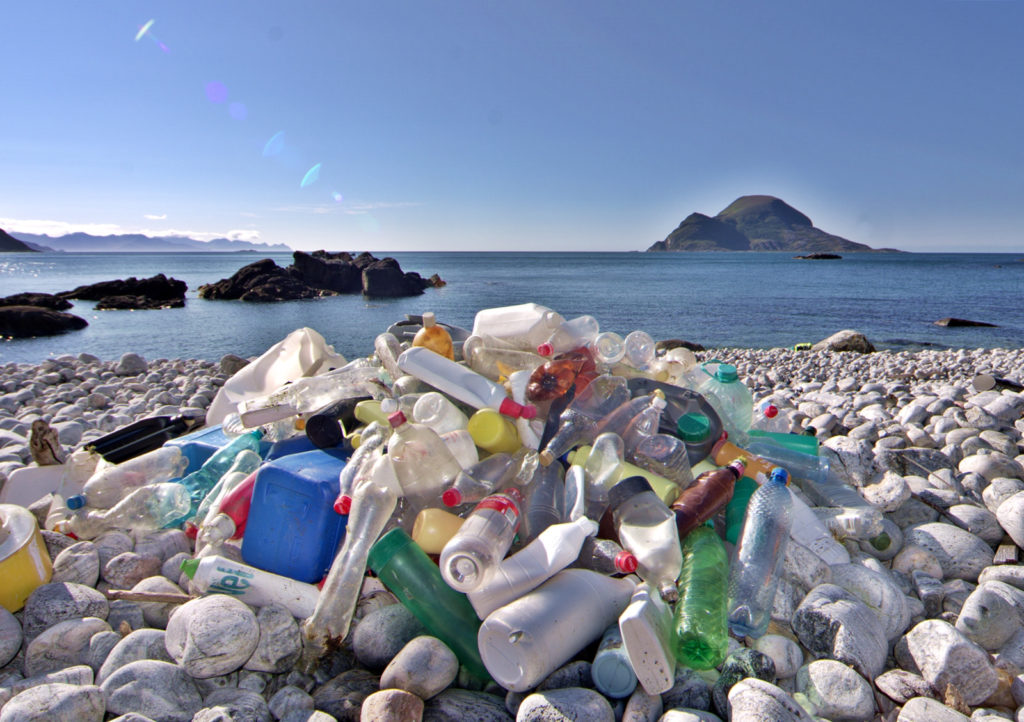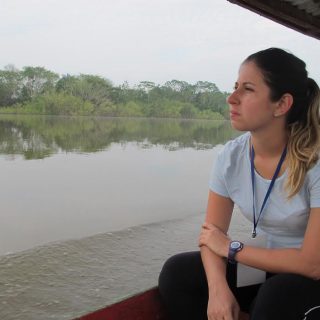The United Kingdom announced in January a plan to reduce its use of plastic. The goal is to rid the country of the unnecessary use of plastics over the next 25 years. According to prime minister Theresa May, the objective is to turn the United Kingdom into one of the global leaders in the fight against plastics.
“In future years, I believe people will be shocked by how we allowed so much plastic to be produced,” said the prime minister. “We must reduce the demand for plastic, the volume in circulation, and improve our recycling rates.”
Among the measures announced by Theresa May is the creation of “plastic-free” aisles in supermarkets, where foods are sold without plastic packaging. The plan also includes charging for packaging used in food delivery and a new tax on plastic bags.
A law mandating a fee for plastic bags went into effect in England in October of 2015, but only for commercial establishments with more than 250 employees. In these stores, customers who opt for plastic bags pay 5 pence per bag, equivalent to about 7 cents in the United States. With the newly announced plan, all stores, regardless of the number of employees, will have to charge for plastic bags.
To have an idea of the impact of the 2015 measure, English commerce registered an 80% drop in plastic bag use just six months after it went into effect. A study conducted among England’s largest supermarkets revealed that 6 billion fewer bags were used during this period.
But this is not enough! And for this reason, Theresa May’s government decided to create a more robust and long-term strategy to fight plastic’s environmental impact.
Environmental organizations like Greenpeace have criticized the plan, stating that is still too weak, leaving out, for example, a plan for mandatory disposal of PET bottles in supermarkets, which had recently been discussed.
The measures announced today also arrive at a moment when the United Kingdom is facing pressure to act more forcefully. In early December, China, the world’s biggest consumer of plastic – 7.3 million tons per year – banned the importation of plastic waste from other countries. China’s biggest clients, the British, Americans and Japanese, will have to come up with a solution for their own garbage.
In the United Kingdom, environmental organizations have sounded the alarm: 2/3 of the recyclable waste produced by the country used to simply “go away” to China. Experts now say that a crisis is on the way. The government appears to have been slow to take measures in anticipation of the problem, and local recycling centers don’t seem to have the structure necessary to take in all the garbage that was being sent to the other side of the world.
THE “PLASTICIDE” ERA
A study published by Science magazine in 2015 stated that 8 million tons of plastic is thrown into the ocean each year. Scientists have stated that in the future our time period will be known as the “Plasticide.”
For this reason, measures like the one recently taken by Chile, the first Latin American country to ban plastic bags, are so well regarded.
Some European countries have already banned the distribution of plastic bags by shops. Those that have instituted a ban have made stores charge for them. Between October of 2015 and April of 2016, England’s seven largest supermarkets saw an 85% drop in bag use, falling from 7.6 billion units to 600 million units after they ceased being offered for free.
Other countries where customers have to pay for plastic bags include Ireland, Scotland, Denmark, Germany, Portugal and Hungary. Kenya has recently outlawed the production, sale and use of plastic bags, making it an offense punishable by fine or even prison.
Published on 03/15/2018





